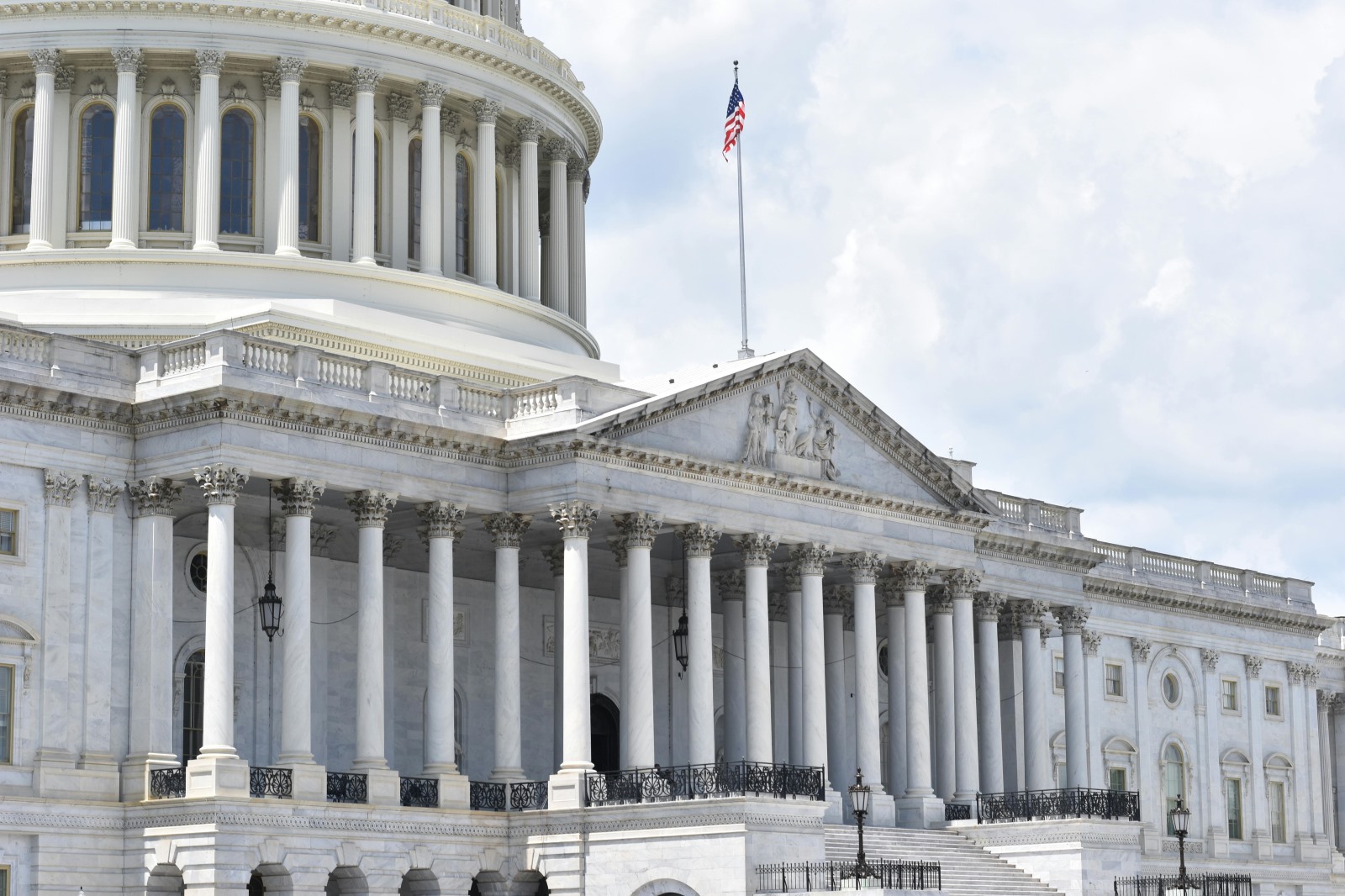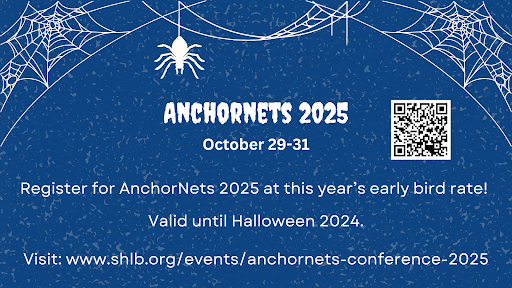SHLB’s Impact on Broadband Policy
School Bus Wi-Fi
SHLB worked to convince the FCC to make Erate funding available for school bus Wi-Fi to help students with their homework on commutes to and from school. (2019-2023)
Rural Health Care Program
SHLB held regular meetings with the FCC and USAC, which has led to improved operations and faster funding decisions for Rural Health Care applicants. (2019-2024)
Emergency Connectivity Fund
SHLB inspired Congress to create the Emergency Connectivity Fund, a program that enabled over 8 million households to obtain low-cost Internet access. (2021)
Broadband Equity, Access & Deployment Program
SHLB worked with Congress so that anchor institutions would be eligible for gigabit broadband connectivity through the BEAD program. (2021)
E-rate, ECF & RHC
SHLB convinced the FCC to extend the Erate, ECF and RHC deadlines during Covid to help schools, libraries and healthcare providers obtain funding. (2021-2022)
Cybersecurity
SHLB helped convince the FCC to adopt a three-year pilot for schools and libraries to strengthen their cybersecurity protections and also to clarify how to apply for funding. (2021-2024)
E-rate Program
SHLB stopped the FCC from creating a federal E-rate portal, which would have usurped school and libraries’ authority without curtailing waste, fraud and abuse. (2023)
Pole Attachments
SHLB adopted pole principles and filed FCC comments promoting expedited resolution of pole attachment disputes, leading to a positive FCC Order. (2023)
Universal Service Fund
SHLB filed intervenor briefs in several appellate courts to uphold the constitutionality of the Universal Service Fund, leading to three positive court decisions to date. (2023-2024)
Other Issues
SHLB supports the ACP; advocates to include anchors on broadband maps; supports USF contribution reform; and promotes unlicensed and shared spectrum.


